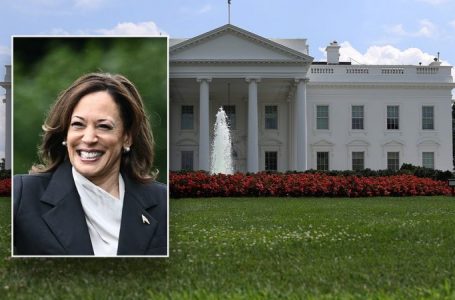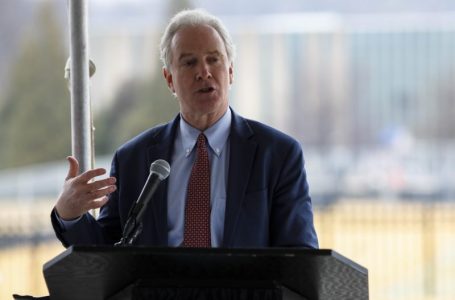Consumer confidence pops in the last month of a year that dodged recession forecasts
Consumer confidence has seen a significant rise in the last month of the year, which has defied expectations of a recession. The rise has been spurred in part by positive news on the US-China trade front, with a “Phase One” agreement in the works, as well as better than expected economic data and a continuing strong US labor market.
Consumer confidence in the US, as measured by the University of Michigan’s index, rose by 4.5 points in December to 99.3 – the highest level since February 2019. The index measures consumer attitudes about their own finances, as well as spending and the job market.
The increase in consumer confidence was further bolstered by the latest jobs report, which showed strong job growth in November. The US economy added 266,000 jobs last month, easily beating expectations of a 189,000 increase.
In addition, developments in the US-China trade negotiations have lifted some of the uncertainty that has weighed on the global economy in recent months. The two countries have pledged to roll back some of the recently imposed tariffs, and the US has delayed additional tariffs that had been scheduled to take effect in December.
These positive developments come at a time when the global economy had been seen as slowing significantly from the rapid growth of recent years. Although the International Monetary Fund (IMF) recently cut its outlook for global growth in 2020, predicting a modest growth of just 3.4% – the worst since the financial crisis of 2008-09 – the outlook for the US remains strong.
While it may be too early to call a recession officially past us, the improving outlook suggests that an extended downturn is not inevitable. A continued rise in consumer confidence could be the key to ensuring the US and global economies remain on their current growth path in 2020.












